In 2023, UK investors, whether beginner or experienced, are spoilt for choice, with a wide variety of different apps available in many different types. But which one will suit you? Read our comprehensive guide to help you understand the best UK investment apps and make an informed decision.
Best Investment Apps UK Summary
eToro
Chip
Moneyfarm
Hargreaves Lansdown
Fineco Bank
Plum
Interactive Investor
Freetrade
Trading 212
Wombat Invest
Nutmeg
Trading 212
Table of contents
Best Investments Apps UK – At a Glance
eToro
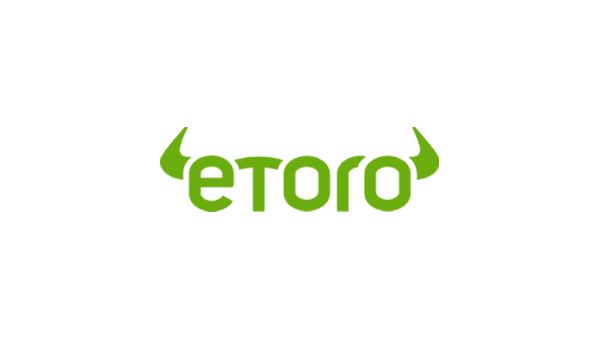
eToro have become a massively successful trading app in the UK and beyond. They offer free trading with few other costs, and they have the Copytrader function, which allows users to copy the trades of other successful traders on the app.
Key Features
- Copytrader allows users to copy successful traders
- Free trading of assets
- Virtual $100k portfolio for practice trading
- CFD and cryptocurrency trading
Costs
- Trading stocks, shares and ETFs is free
- Depositing funds in GBP costs 0.50% to convert to USD
- $5 fee to withdraw funds
- $10 inactivity fee after 1 year
Chip

Chip use open banking to connect to your bank and analyse your spending, calculating an amount you can save regularly. They then move this amount into Chip, and provide a variety of investment and saving options.
Key Features
- Automated saving via the Chip AI
- Chip stocks and shares ISA
- Chip General Investment Account
- Various savings options
Costs
- Platform cost of 0.50% annually on Chip standard and 0.25 on Chip X.
- Fund fees depend on the fund you invest in, and will generally range from around 0.22% to 0.97%.
Moneyfarm
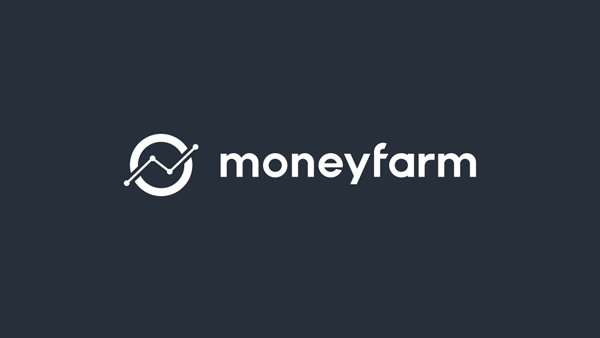
Founded in Italy in 2011, Moneyfarm have become a popular choice in the UK market largely due to their simple, sliding scale pricing structure and range of investment types. A classic robo-advisor, their automated systems choose the best investment strategy for customers.
Key Features
- ISA, Junior ISA, SIPP and General Investment Accounts
- Standard and ethical investments
- Choose your desired risk level
Costs
- Standard – 1.05% up to £10,000 invested, moving down to 0.65% if over £500,000 invested.
- Ethical – 1.04% up to £10,000 invested, moving down to 0.64% if over £500,000 invested.
Hargreaves Lansdown
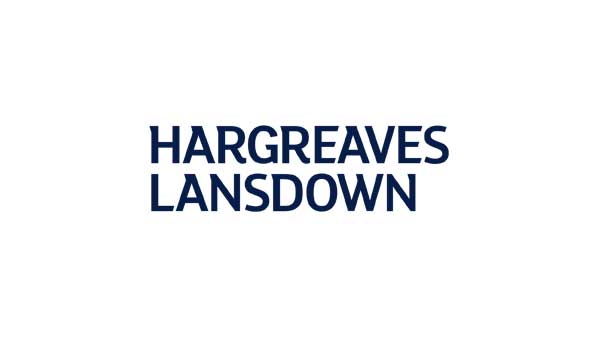
Hargreaves Lansdown is a UK investment giant, having been operating for over 40 years, and having over 1.6 million customers in the UK with over £120 billion invested with them. They are an execution-only platform, enabling customers to trade a variety of assets via their platform.
Key Features
- General Investment Account
- Stocks & shares ISA, Cash ISA, Lifetime ISA
- Personal Pension (SIPP)
- Extensive investment information and education
Costs
- Annual fee of between 0.45% (for amounts held under £250k) to free (over £2 million).
- Trading fees: between £5.95 and £11.95 per trade, depending on amount of trades per month.
Read full Hargreaves Lansdown Review
Fineco Bank
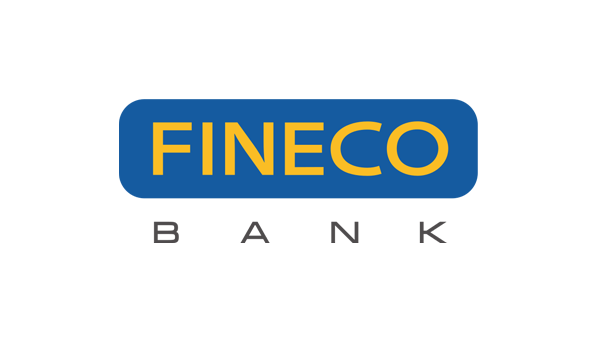
Fineco Bank is an Italian investing giant who entered the UK market in 2017. Their trading platform offers a huge variety of assets to trade, and all customers get a multi-currency bank account.
Key Features
- Multi-currency bank account
- Wide range of assets to trade
- Managed funds available
- Stocks & shares ISA
Costs:
- Trading fees: US shares/ETFs $3.95, UK shares £2.95, EU shares/ETFs 3.95 EUR
- Stocks & shares ISA – 0.25% of amount held annually.
- Managed funds platform fees, from 0.25% to free, depending on amount held
Plum
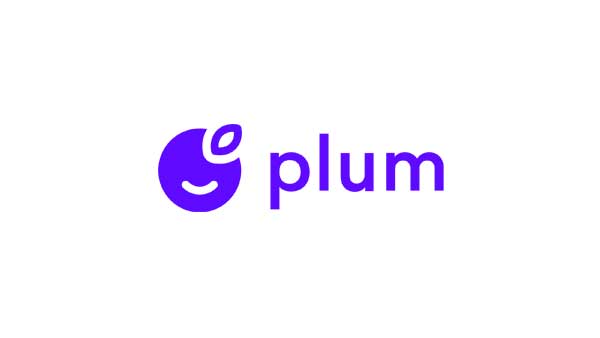
Plum is an automated savings app that connects to your bank via open banking. They move money you can afford to save in to their platform, then offer a stocks and shares ISA, SIPP, a general investment account and various saving options. They also offer various budgeting functions.
Key Features
- ISA, SIPP, GIA, savings options
- Automated AI assisted investing
- Budgeting features
Costs
- Four levels of account. Monthly fees: Basic – free, Plus – £1, Pro £2.99, Ultra – £4.99.
- Average investment fees of 0.48% annually
Interactive Investor
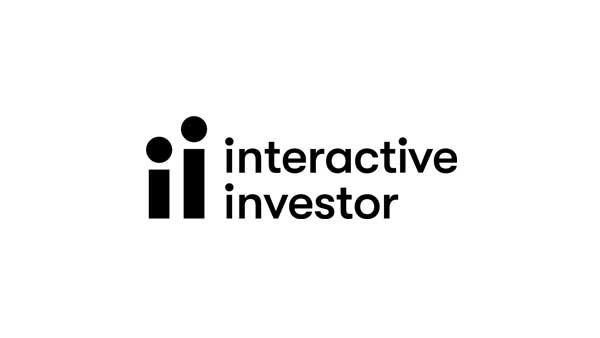
Interactive Investor are an execution-only platform that has operated since 1995. They are second only to Hargreaves Lansdown in terms of assets held for customers. They offer a wide range of investment information and resources, and have many different guide portfolios that can be followed.
Key Features
- Flat monthly fee structure
- Free research account for practice trading
- Quick-start funds, best buys and model portfolios
- Trade a wide variety of assets
Costs
- Monthly fees – Investor – £9.99, Super Investor – £19.99
- Trading fees – Investor – £5.99 per trade, Super Investor – £3.99 per trade
Read full Interactive Investor Review
Freetrade
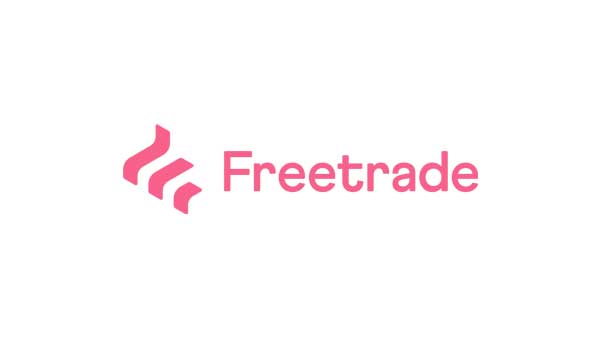
Freetrade claim to have attracted over 1 million UK customers since their launch in 2018. Their fee-free trading is clearly the reason as it has allowed beginner investors to dip their toes in the investing waters without any complicated costs.
Key Features
- Fee-free stocks, shares and ETF trading
- ISA, SIPP and general investment account
- Extra benefits with Freetrade Plus
Costs
- Freetrade Plus – £9.99 per month
- Stocks and shares ISA – £3.00 per month
- SIPP – £9.99 per month
Trading 212
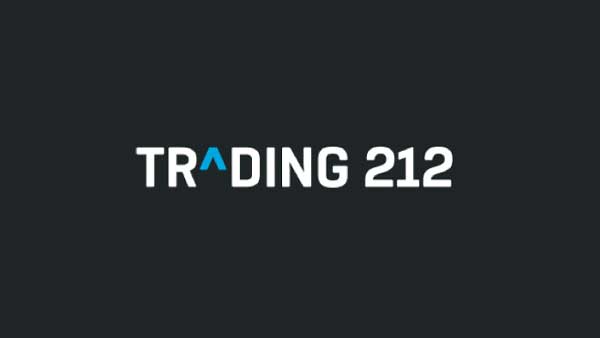
Trading 212 have grown quickly over recent year, with millions of customers in the UK and beyond signing up to take advantage of the fee-free trading of assets and accessible CFD trading.
Key Features:
- Free-free stocks, shares and ETF trading
- CFD trading platform
- Fee-free stocks and shares ISA
Costs:
- It is free to have an ISA and to trade stocks, shares and ETFs
- FX fee of 0.15% if trading outside your base account currency
Wombat Invest
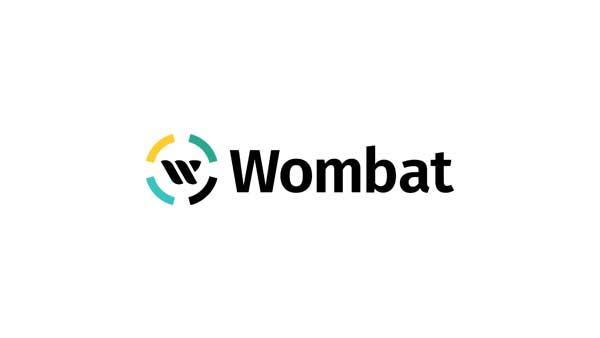
Wombat Invest launched in 2019, aiming to provide a simple way for beginner investors to start their investment journey. They operate mainly as a robo-advisor, but also allow users to make their own trades, and have given their products a fun, social-media style to make investing more accessible.
Key Features:
- General investment account, stocks and shares ISA
- 26 different investment funds – focused on ETFs
- Trade shares & ETFs yourself via their Instant plan
Costs:
- Platform fee – £1 per month
- Fund fee – 0.10% of amount invested annually
- Trading is free
Read full Wombat Invest Review
Nutmeg
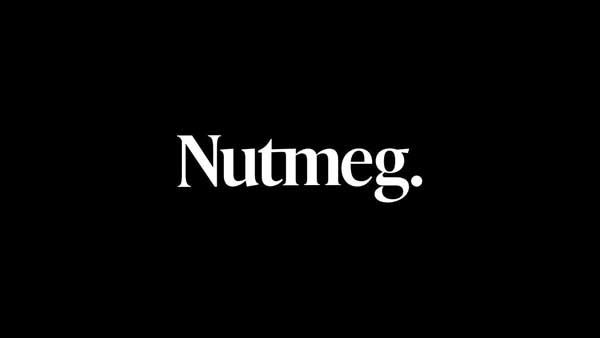
Nutmeg launched in the UK in 2011, and claim to be ‘the largest digital wealth manager in the UK’. They are the largest of the robo-advisor platforms in terms of funds held for customers.
Key Features:
- ISA, Junior ISA, SIPP and General Investment Accounts.
- 4 distinct investment styles, focused on ETFs.
- Wide ranging risk levels.
Costs:
- Socially Responsible funds range from 0.7% to 1.1% depending on amount invested.
- Standard Funds range from 0.71% to 1.04%, depending on which fund chosen and amount invested.
Wealthify
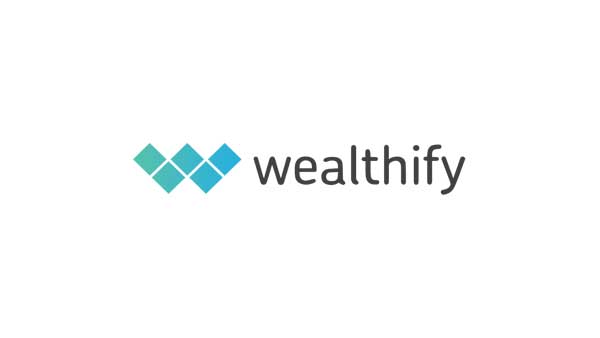
Wealthify was launched in 2015, and in 2018 was purchased by insurance company Aviva. They offer a simple product with a flat pricing structure.
Key Features:
- Flat pricing structure – fees are the same whatever amount invested.
- Owned by insurance giant Aviva.
Costs:
- Standard – 0.76% of amount invested per year.
- Ethical – 1.3% of amount invested per year.
What is an investment app?
It is only in recent years that technology has made investing far easier. Before the fintech revolution, prospective investors would need to go to a traditional financial advisor or broker to trade stocks, shares, funds and other assets.
Investment apps have used technology to make the process easier and cheaper, making it possible for customers to easily try out investing with a lower cost of entry, and also to start with smaller amounts.
In addition, many apps will utilise the technology to reduce the manpower they need to make the investment decisions, which further lower the cost to the consumer.
What types of investment apps are there?
An investment app will generally fall within 1 of 4 categories, which we outline below:
Robo-advisors:
A robo-advisor is similar to a traditional financial advisor, however they use technology to replace the human element. Robo-advisors are a ‘discretionary’ platform, which means that they make the investment decisions for you. They will take various data from the customer, such as preferred investment type, risk appetite, and investment goals. They will then design an investment plan.
Automated Investment Apps:
For investment, open banking has enabled automatic investing & saving apps to enter the market. They will connect to your bank account via open banking, then analyse your spending, and calculate an amount you can easily afford to save or invest each month. Then they automatically move this amount each month into their platforms, and have a variety of investment and savings plans for your money.
‘Free’ Investment Apps:
Several investment apps have appeared in the UK and across the world in recent years that allow you to set up accounts and trade assets for free. They also often allow the purchase of fractional shares i.e. you don’t need to buy a full share all at once. They can be very good for beginners as the cost and ease of use is a low barrier to entry.
‘Execution Only’ Investment Platforms:
An ‘execution only’ platform differs from a financial advisor or a robo-advisor in that they do not offer financial advice i.e. tell you what assets to buy. Rather, they offer a platform where you can set up investment ‘wrappers’ such as SIPPs, ISA, etc (or just general investment accounts), and then allow you to buy and sell assets. Generally they will charge a fee for each trade plus a percentage of the total amount you have invested in their platform.
Which is the best investment app for a beginner?
All investment apps will generally do their best to make their processes as open as they can for new investors, so using any platform is possible. However, certain types of investment app definitely make more sense for an absolute beginner.
Automated investment apps can work well, as they will take the funds directly from your account, then invest your money into simple, diversified funds. They also generally have minimum investments as low as £1.
Robo-advisors can also be a good choice, as they make the trading decisions for you. Bear in mind that some of these have higher minimum investments however, of £100 or even £500.
Free investment apps can appeal to starters as they have low (or no) cost for trading, and allow the purchase of fractional shares. However, you will need to do your own research on which shares to buy, which can be intimidating for a beginner.
Finally, on the execution-only platforms, you will need to make your own trading decisions too, but they often have a very extensive educational resource and many guide portfolios to help you. These do have costs per trade however, so a customer may need to have a larger amount to invest to make it worthwhile.
Are Investment Apps Safe?
Before starting to invest, it is crucial to understand that all investments are risky. It is always possible to end up with less money than you put in, and even that you will lose all of your initial investment.
It is possible to mitigate this risk by diversifying your investment i.e. ensuring that you are invested in a wide range of assets, countries and investment types. There are also different levels of risk with different types of asset. For example, ETFs (Exchange Traded Funds) are groups of assets (usually stocks and shares) that will often already be diversified to minimise risk, and can be more stable than some other assets (although still never risk free).
On the other hand, trading CFDs (Contracts For Difference), can carry more risk of losing all of your initial stake. Some investment apps such as Trading 212 and eToro offer CFDs as an asset you can trade in, and they state that between 70 and 80% of retail investors lose money when trading CFDs.
In general, any investor should be cautious and embark on investment with any app with their eyes wide open, and a full understanding of the risk involved.
In terms of the companies themselves, all of the investment apps featured in this article are UK entities that are fully regulated by the Financial Conduct Authority (FCA). This means that they have to follow certain rules that protect customer funds. In addition, it means that each customer is protected under the Financial Services Compensation Scheme (FSCS), which means that funds are protected up to £85,000 in case of the insolvency of the platform.
How to choose an investment app UK?
Before investing it is always a good idea to ask yourself a series of questions, such as:
- What amount do I have to invest initially, and on an ongoing basis?
- What level of risk am I willing to tolerate to achieve returns on my investment?
- Do I want passive investing (where the platform makes the trading decisions) or active (where you make your own trading decisions)?
- What type of product do I want to use for my investing? For a pension with a SIPP? Tax-efficient investing via an ISA? Or just day-to-day investing via a general investment account.
Once you have answers to these questions, then you are ready to look at the options detailed on this page to decide which would be best for you.
Investment apps FAQ
What is the best investment app?
This question is dependent on so many things that it is almost impossible to answer! Each app has strengths and weaknesses, but mainly it is down to you and how you wish to invest.
Can an investment app make money?
Investment apps have made many people a lot of money over the years. However, you should never forget that many people have lost money too, as investing is inherently risky. Always be aware that investing can be risky, but also that it is much better to invest for the long term rather than expecting to get a quick return.
Articles on the wiseabout.money website may contain affiliate links. If you click these links, we may receive compensation. This has no impact on our editorial and any money earned helps us to continue to provide the useful information on our site.
